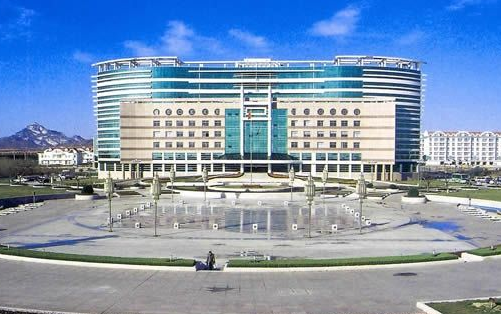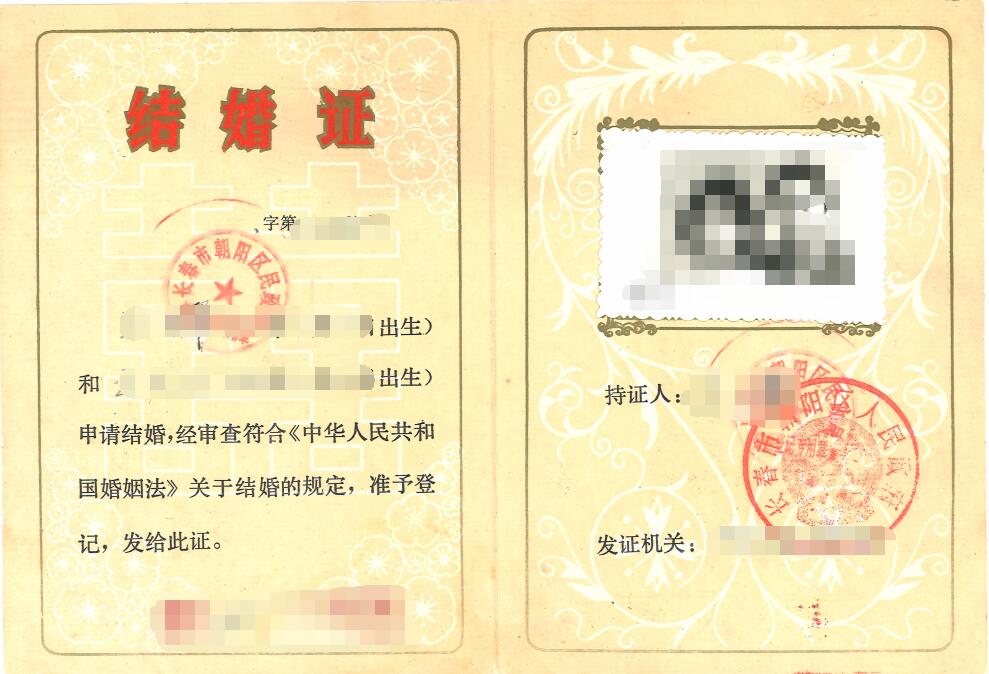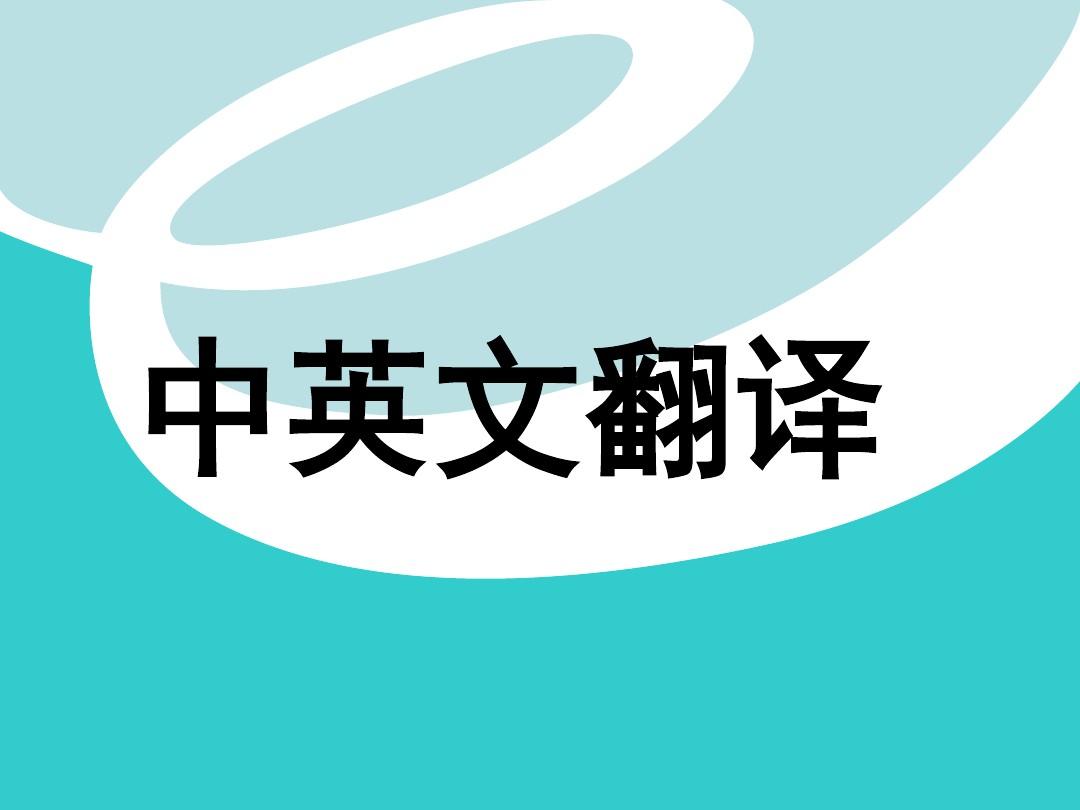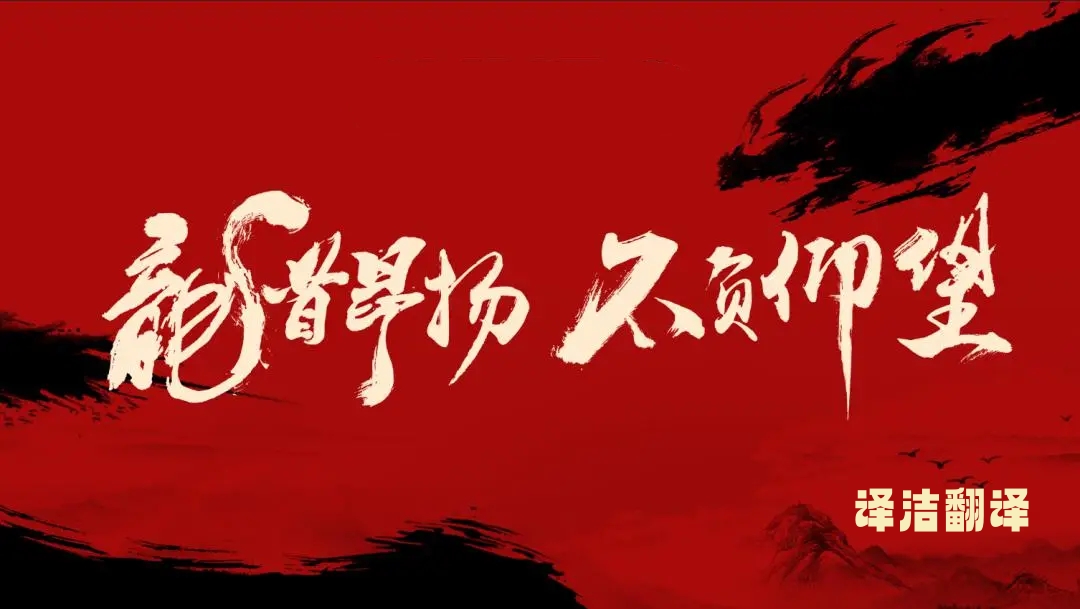翻译新闻 News
口语化用语的口译处理
来源:网络 作者:本站 发布时间:2021年12月28日 阅读次数: 次
口译和笔译的不同还在于口译中接触大量的口语化句子,这类句子在书面文件里是少见或不用的。在口译中需要很好地处理这类用语或句子,使听者感到自然而易懂。以下试举一些例子,译法不一定好仅仅作为一种探讨:
1、“辛告了”一语在外文里很难表达。当外宾刚下飞机时,“辛苦了”可译为:
You've had a long flight (or tiring journey).
Did you have a good trip?
对工作劳累和办事辛苦,可说:
You've been working hard.
Thank you for your hard work.
You've had a hectic (tiring) day.
Thank you for all the trouble you've taken.
2、谈得拢、谈不拢。
See eye to eye, do not see eye to eye.
谈得拢或谈不拢都不紧要。
It doesn't matter whether we can agree or not.
3、对某人或某国做工作。
To work on…; to talk to…about…; to try to persuade…; to try to dissuade…; to do something to persuade…
4、不买帐。我们对两个超级大国都不买帐。
We are not going to take it from either of the two super powers.
We won't buy the stuff of any of the two super-powers.
5、你的有道理。
You have a point in saying that…
You have a point there.
6、交底。我们把底统统都交了。
We hide nothing from you.
We have given you the bottom line.
7、“水涨船高”,按照成语字典,一般应译为。
Like a boat going up with the rising tide. 或 When the river rises, the boat goes up.
8、这是我们应该做的。
It is our pleasure.
It is our duty.
这比译成“This is what we should do”更符合口语。
9、不能向中国人民交代。
It would be difficult for us to (give an) account for it to the Chinese people.
We will not be able to justify ourselves to the Chinese people.
We can't present the case to the Chinese people.
We can't face our own people.
10、不信邪。
Unafraid of sinister forces.
We are not scared by evil forces.
We are not to be scared.
11、天塌不下来。
That won't be the end of the world.
The sky won't fall.
除了上述问题之外,还有作笔记的问题。政治会谈的口译与一般口译不同,为求准确完整起见,长篇的连续翻译 (consecutive interpretation) 完全靠记忆是不可能的,必须求助于笔记。有时在宴会过程中,宾主在席间也可能谈起重要的政治问题。为了事后能准确完整地追记下来,在某些情况下(除非对方提出反对),不妨也可拿出笔记本来记一些关键的要点。至于口译时如何作好笔记,那是一门专门技术,这里就不再赘述了。
威海翻译公司



















